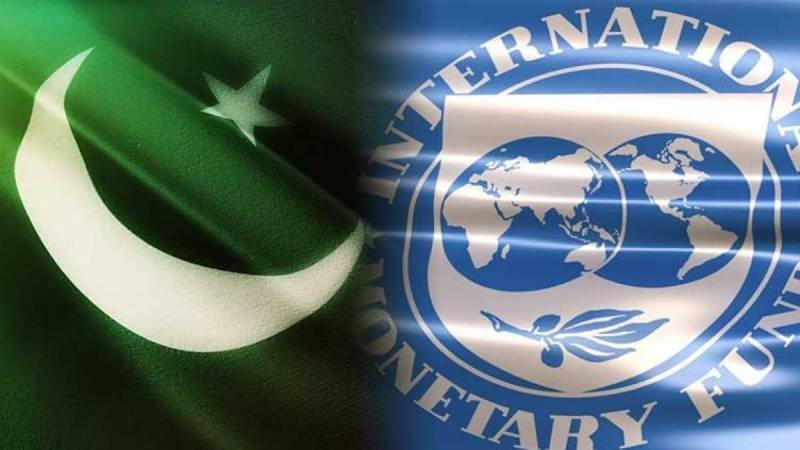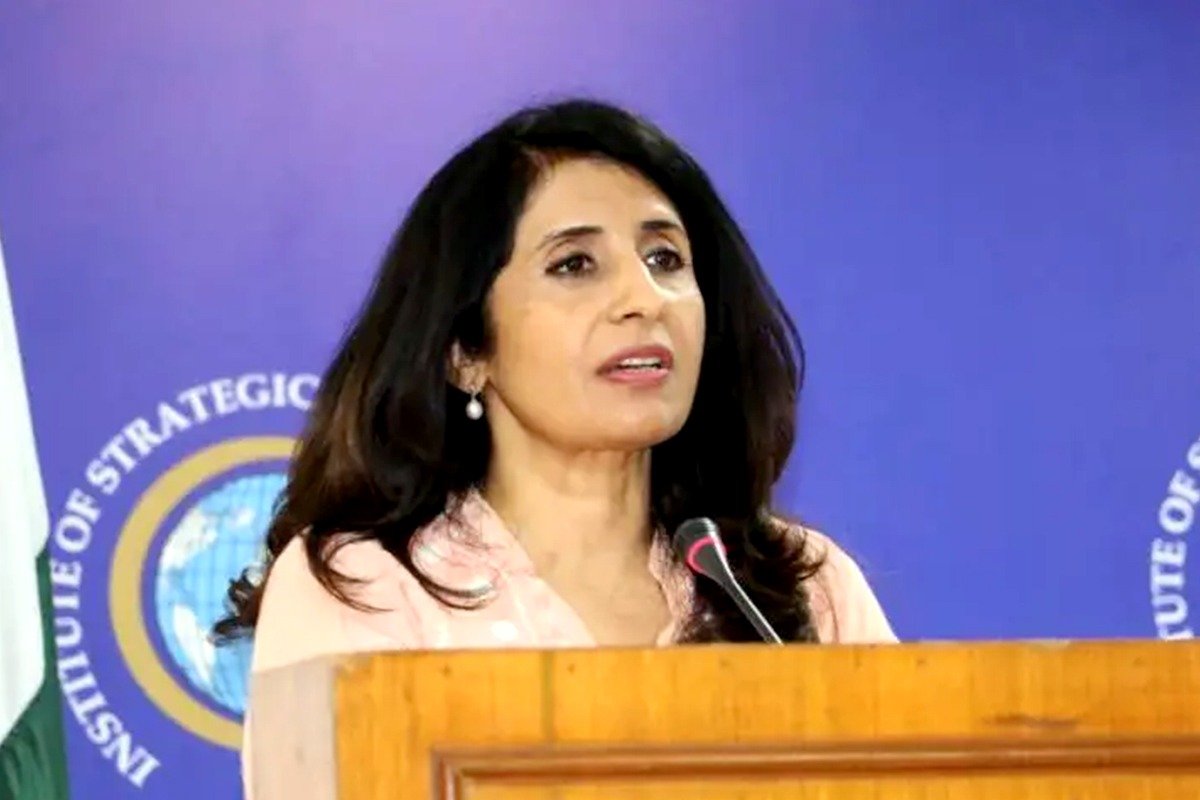Islamabad: The International Monetary Fund (IMF) has identified Pakistan as one of six countries grappling with severe conflicts this year, predicting these tensions and stringent economic policies will dampen their financial growth.
Finance Minister Muhammad Aurangzeb recently discussed Pakistan’s interest in a new long-term bailout package during a meeting with IMF Managing Director Kristalina Georgieva in Washington. The finance ministry still needs to provide details about the discussions.
Following the meeting, Jihad Azour, the IMF’s Director for the Middle East and Central Asia, informed reporters that the IMF is prepared to assist Pakistan, emphasizing the importance of reform over the size of the assistance package. “At this point, the priority should be to speed up reforms and focus on structural changes to unlock Pakistan’s full growth potential,” Azour commented during a press briefing at the IMF’s 2024 spring meetings.
In a recent report released during the World Bank-IMF spring meetings, the IMF revised its 2024 economic growth forecast for the Middle East and Central Asia region to 2.6%. The report highlighted ongoing conflicts, restrictive policy environments in certain countries, and decreased hydrocarbon production as factors limiting economic expansion.
A footnote in the report indicated that, alongside Pakistan, countries like Iraq, Somalia, Sudan, Syria, and Yemen are also facing conflicts as of early 2024. This grouping could tarnish Pakistan’s international image and deter investment, reflecting poorly on the finance ministry’s management of IMF relations.
The report also noted that a conflict is defined based on whether at least 25 battle-related deaths were documented by the Armed Conflict Location and Event Data Project from January 1, 2024, to March 8, 2024.
Pakistan has experienced an uptick in terrorist attacks against civilians and security forces, including a recent attack that killed five Chinese nationals.
The report further mentioned that the ongoing conflict between Gaza and Israel has exacerbated regional instability, with disruptions in Red Sea shipping adding to the uncertainty. Nevertheless, the report projected some economic recovery as the effects of oil production cuts and conflicts diminish. However, growth is expected to stay below historical norms.
The economic forecast for Pakistan suggests a modest rebound to 2% growth in 2024, supported by positive trends in agriculture and textiles. However, with a population growth rate of 2.6%, this low growth rate will likely lead to increased unemployment and poverty, exacerbated by ongoing inflation.
Despite these challenges, the IMF has advised Pakistan to maintain a stringent monetary policy. The report compared Pakistan’s approach to countries like Egypt and Kazakhstan, emphasizing a data-dependent strategy for managing inflationary pressures.
The IMF’s World Economic Outlook report adjusted Pakistan’s inflation forecast to 24.8% for this fiscal year and 12.7% for the next year, signalling ongoing economic pressures. The report also pointed out that Pakistan’s external sector is weakening, primarily due to continued debt obligations, including Eurobond repayments.
The report warned of the dangers of continued domestic financing, highlighting the excessive reliance of banks in Egypt and Pakistan on sovereign debt.
Amid these financial challenges, the rupee has started to depreciate again, albeit slowly. In an interview with Bloomberg, Finance Minister Aurangzeb noted that a typical annual depreciation should range between 6% to 8%, suggesting a potential exchange rate of over Rs300 to the dollar in the upcoming fiscal year.















